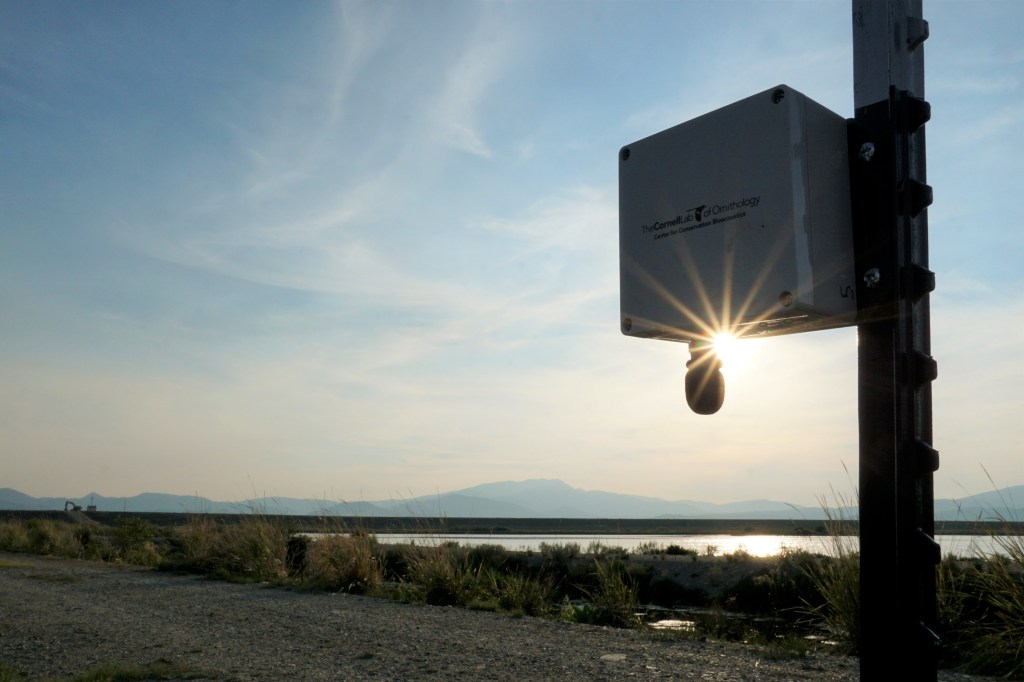My research group focuses on biodiversity conservation in a rapidly changing world. We are based at the K. Lisa Yang Center for Conservation Bioacoustics at the Cornell Lab of Ornithology, where we combine bioacoustics and quantitative ecology.
Applied ecological research about rare or endangered species is our core strength. Current focal species include (acoustically active) birds, amphibians, and mammals. Research efforts span the life cycle of detector development, survey design, simulation-based power analyses, disturbance ecology, natural history, and more. See active projects here.
Combining passive acoustic monitoring with cutting edge machine learning tools, most notably BirdNET, allows us to develop ecosystem-scale biodiversity datasets in a uniquely systematic manner. Our flagship project spans California’s Sierra Nevada, with >1,600 recording units deployed annually across 25,000km2. Learn more about that project here. We are also part of a Yang Center initiative to develop a similarly ecosystem-scale biodiversity monitoring program for the Brazilian Pantanal.
Finally, collaborations are a valuable part of our work. Often this takes the form of providing bioacoustic and population modeling expertise to support on-the-ground conservation, and these projects typically engage with either or both of the core themes described above. See active collaborations here.
Values
This group welcomes anyone with an interest in biodiversity conservation or bioacoustics, including people of every gender, ethnicity, race, skin color, religion, physical and mental ability, sexual orientation, nationality, age, and other identities. The principles of Justice, Equity, Diversity, and Inclusion are central to all that we do; read more about our ongoing commitment and actions at the Yang Center’s Values page and the Lab’s D.E.I.J. page.
Land Acknowledgement
Cornell University is located on the traditional homelands of the Gayogo̱hó꞉nǫ’ (the Cayuga Nation). The Gayogo̱hó꞉nǫ’ are members of the Haudenosaunee Confederacy, an alliance of six sovereign Nations with a historic and contemporary presence on this land. The Confederacy precedes the establishment of Cornell University, New York State, and the United States of America. We acknowledge the painful history of Gayogo̱hó꞉nǫ’ dispossession, and honor the ongoing connection of Gayogo̱hó꞉nǫ’ people, past and present, to these lands and waters.
This land acknowledgment has been reviewed and approved by the traditional Gayogo̱hó꞉nǫ’ leadership. Read more about the land acknowledgment.

